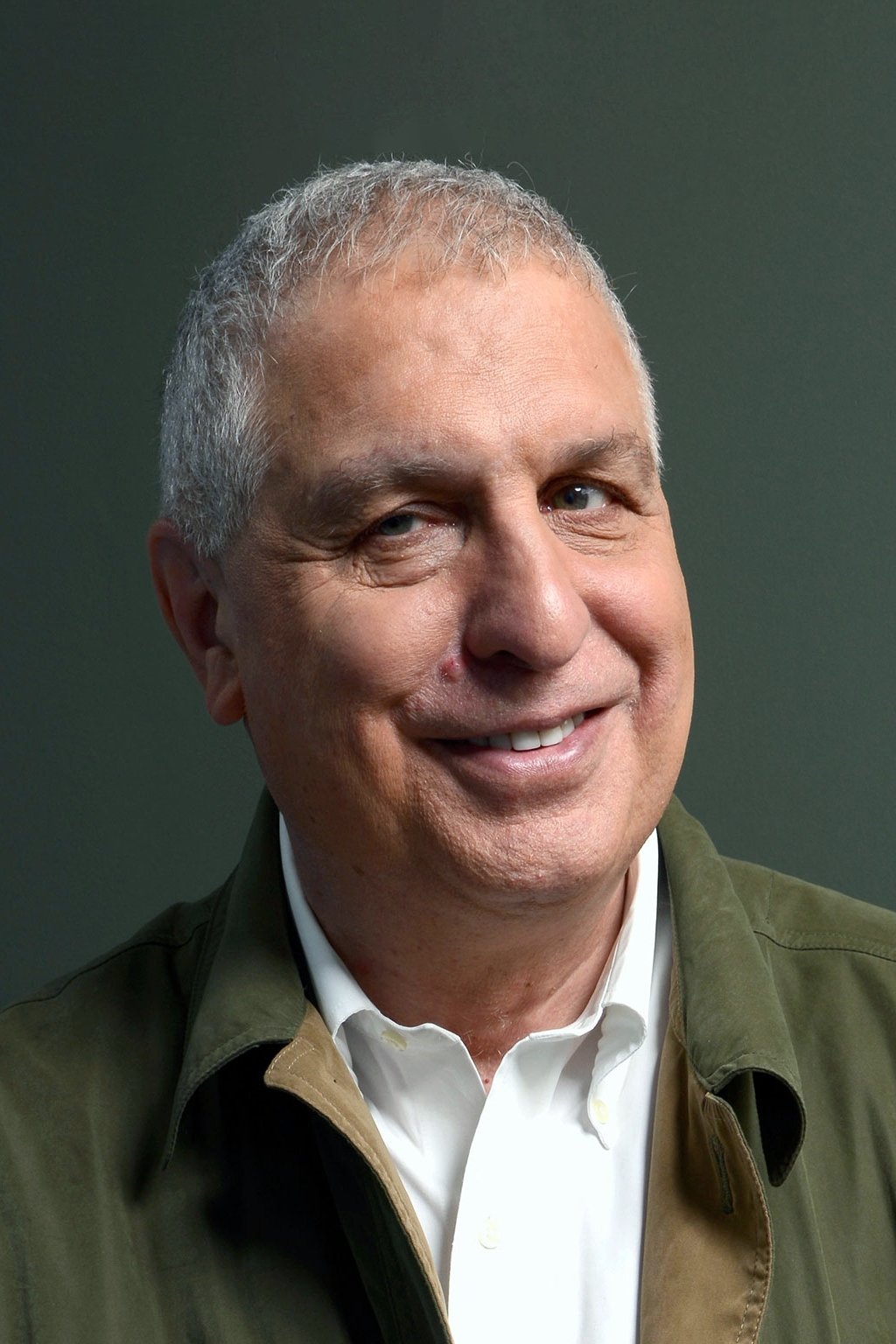
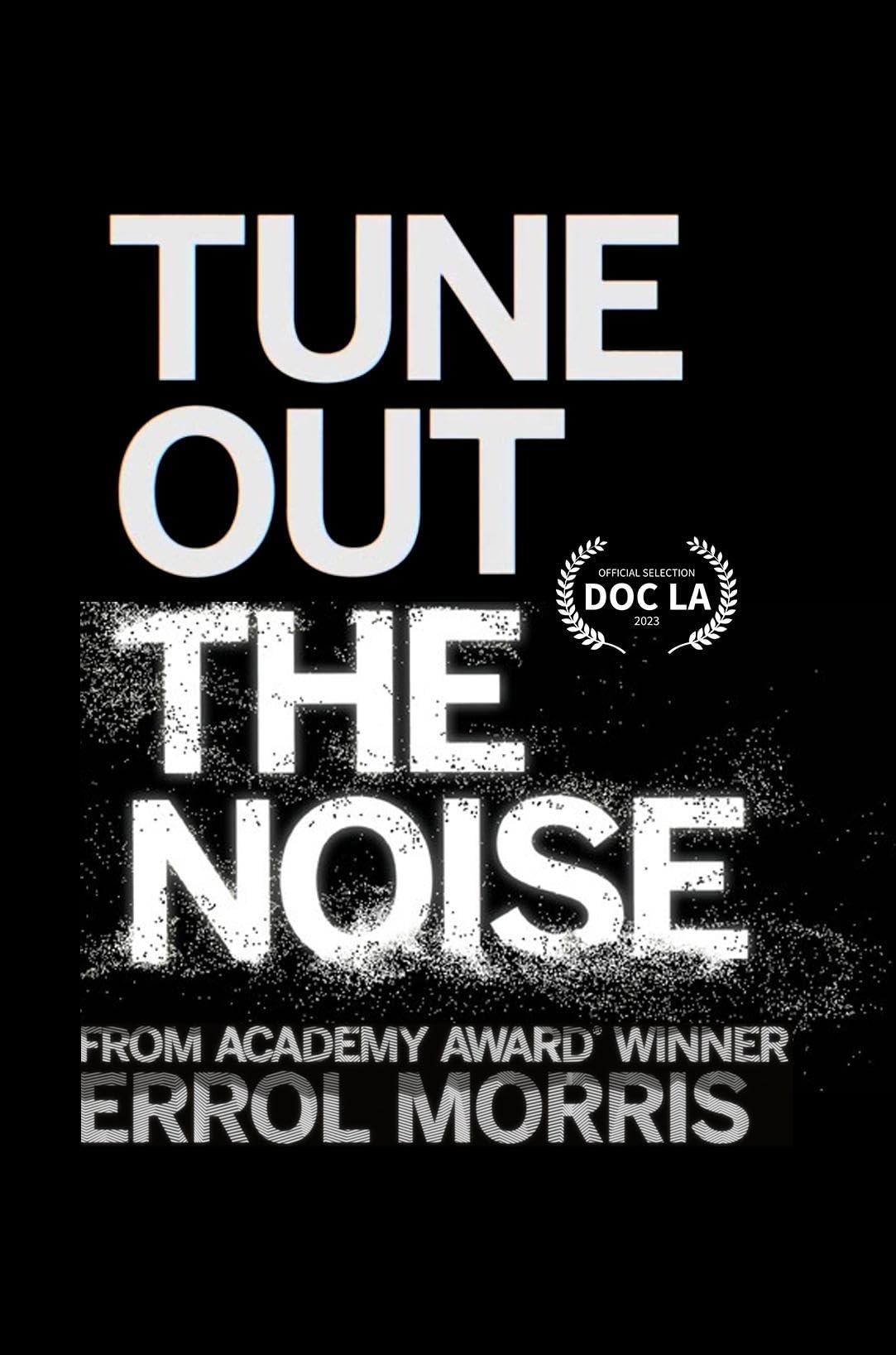
TUNE OUT THE NOISE is about a group of unlikely upstarts who crossed paths at the University of Chicago in the middle of the 20th century, just as computers were first being used to analyze data. That serendipitous, monumental shift enabled them to develop, and then apply, research that turned Wall Street upside down, from its ineffectual investing methods to how those were sold to the public. This is a story about a decades-long revolution of science triumphing over speculation in the financial services industry. It's an illuminating exploration of how markets work, and why that matters.
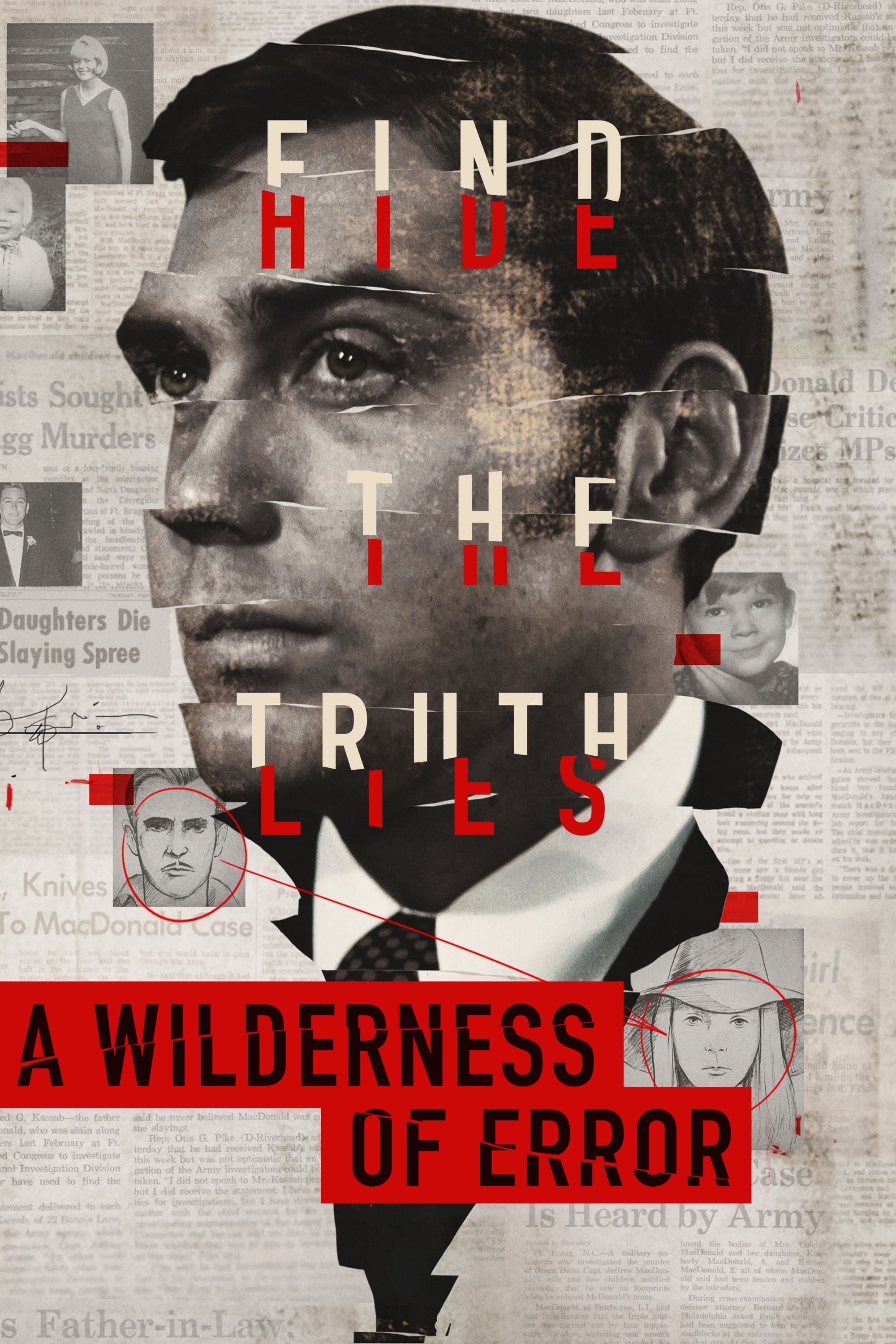
When Army surgeon Jeffrey MacDonald is sent to prison for killing his family, a storm of swirling narratives challenges our very ability to find the truth all the while overshadowing a chilling possibility: MacDonald may be an innocent man. Based on the best-selling book by Errol Morris.
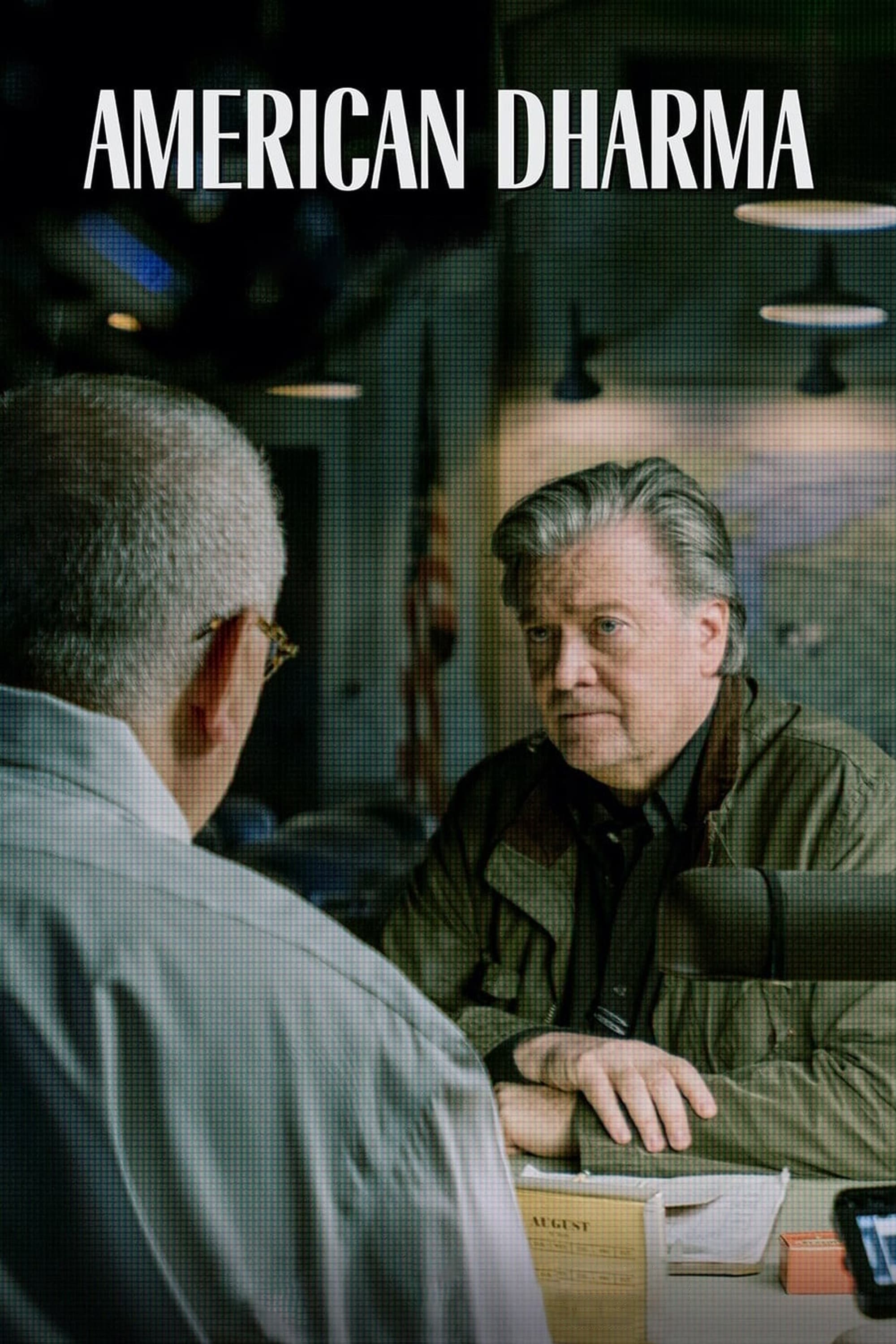
A portrait of controversial Breitbart honcho and Donald Trump advisor, Stephen K. Bannon.
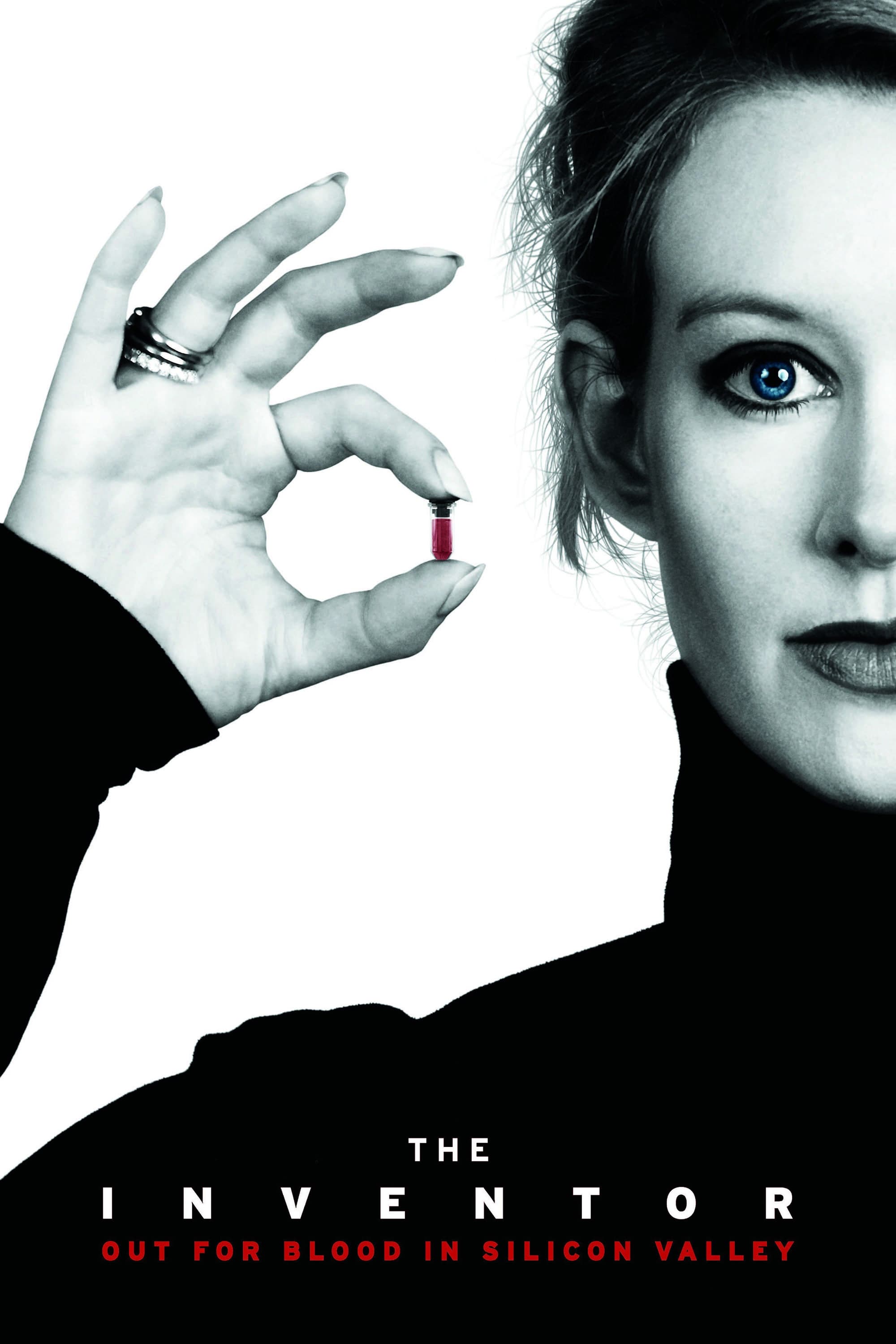
With a magical new invention that promised to revolutionize blood testing, Elizabeth Holmes became the world’s youngest self-made billionaire, heralded as the next Steve Jobs. Then, overnight, her 10-billion-dollar company dissolved. The rise and fall of Theranos is a window into the psychology of fraud.
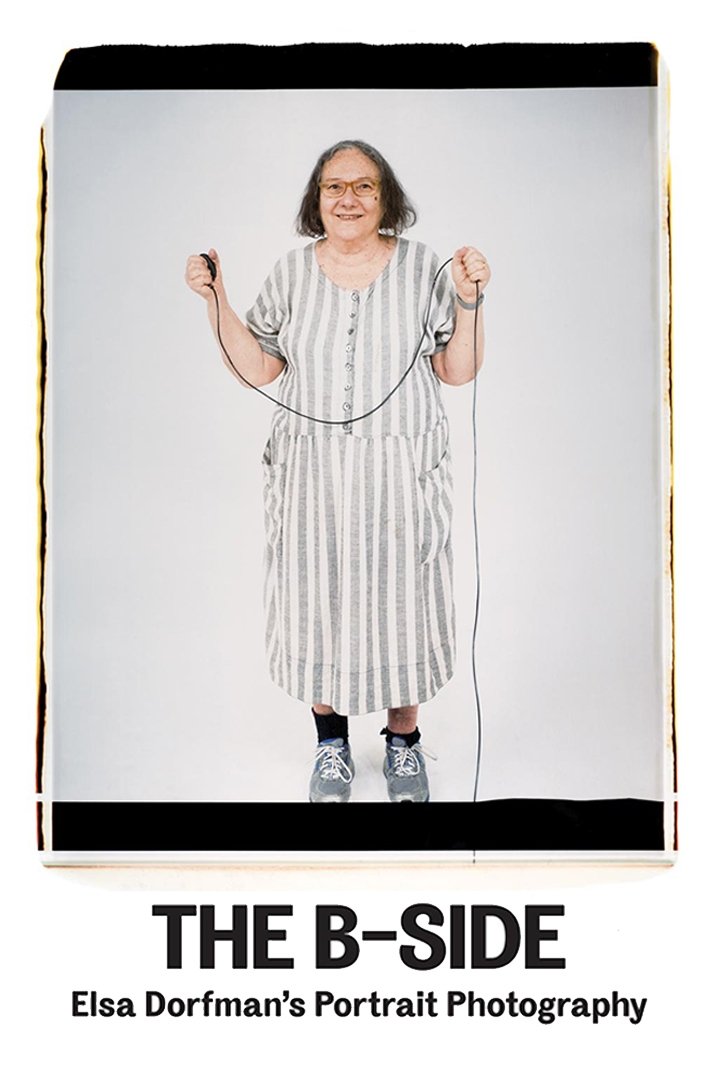
Portrait photographer Elsa Dorfman found her medium in 1980: the larger-than-life Polaroid Land 20x24 camera. For the next thirty-five years, she captured the “surfaces” of those who visited her studio: families, Beat poets, rock stars, and Harvard notables. As pictures begin to fade and her retirement looms, Dorfman gives Errol Morris an inside tour of her backyard archive.
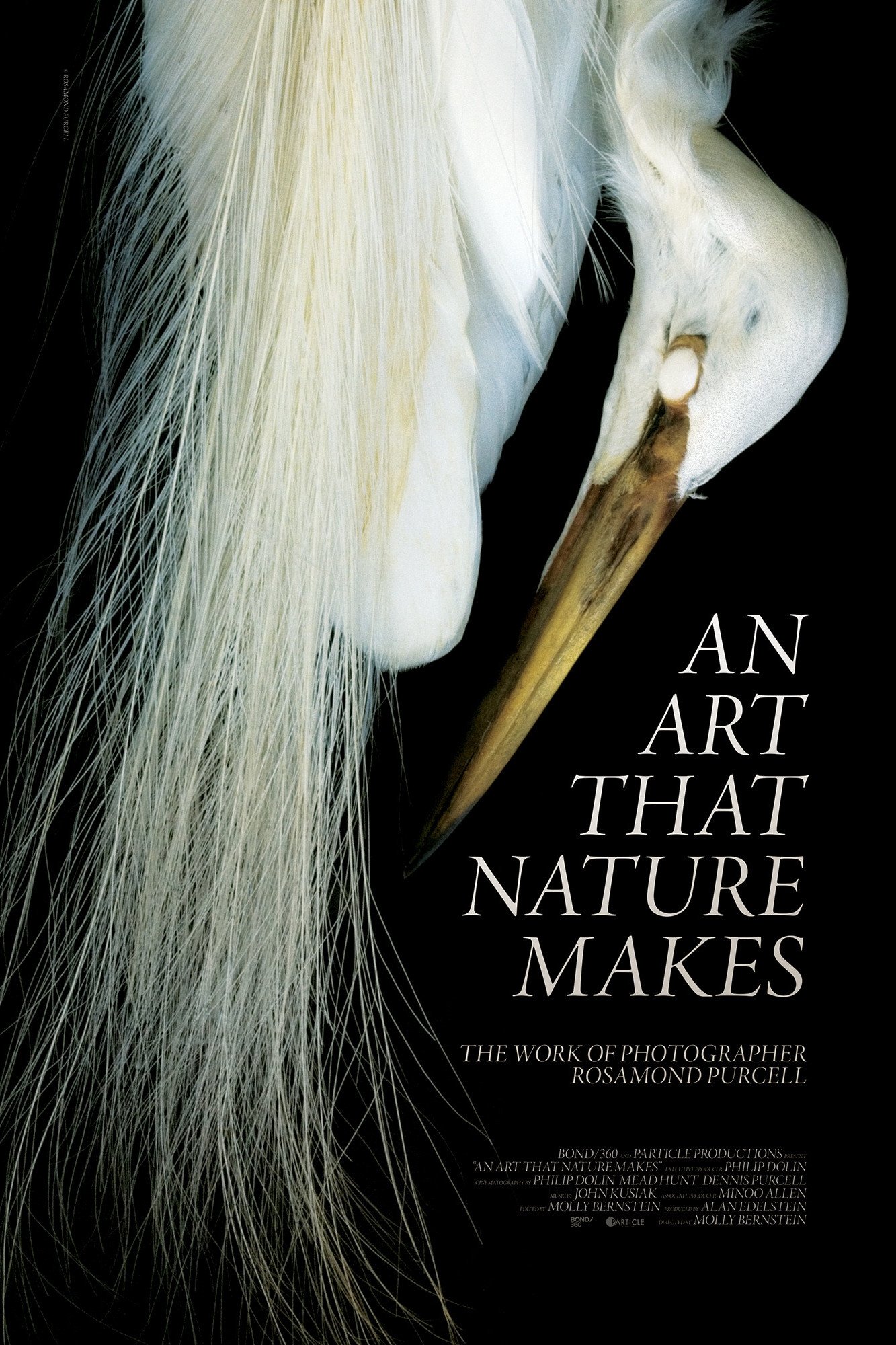
Finding unexpected beauty in the discarded and decayed, photographer Rosamond Purcell has developed an oeuvre of work that has garnered international acclaim, graced the pages of National Geographic and over 20 published books, and has enlisted admirers such as Jonathan Safran Foer, Errol Morris and Stephen Jay Gould. AN ART THAT NATURE MAKES details Purcell’s fascination with the natural world—from a mastodon tooth to a hydrocephalic skull—offering insight into her unique way of recontextualizing objects both ordinary and strange into sometimes disturbing but always breathtaking imagery.
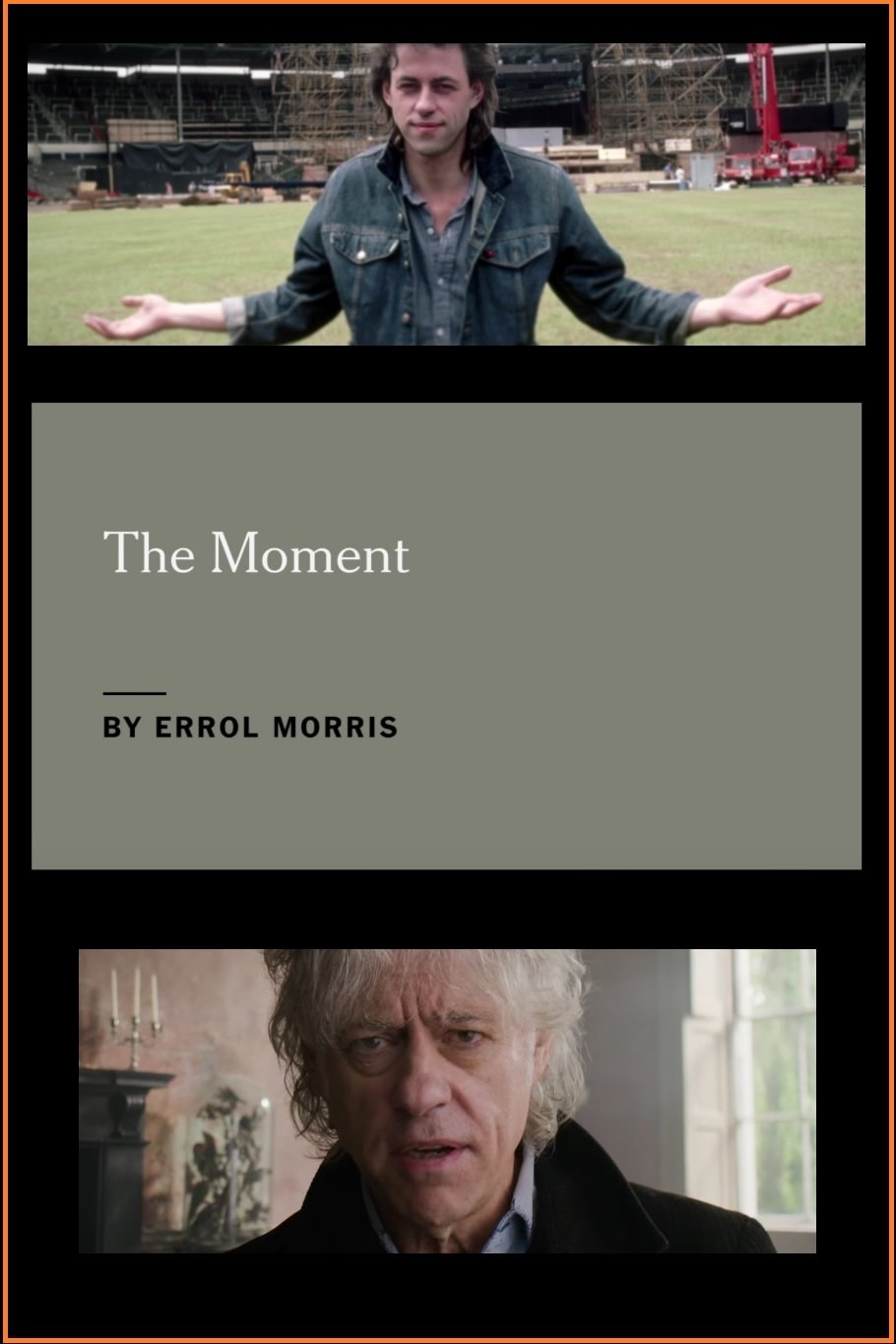
Bob Geldof grew up listening to the radio on the outskirts of Dublin, where his loneliness and resentment of prescribed drudgery manifested itself in an all-consuming desire to escape. It was an almost quintessential rock-star story — rebellion, transgression, fame, drugs, escapades, fading glory. That is, until he turned on the news one late-October evening in 1984 and saw a short story about a famine that moved him and changed his life. The next year, Mr. Geldof was in the Sahel region of Africa, overseeing distribution of the $140 million he and his fellow musicians ultimately helped to raise in one of the largest charity efforts ever organized.
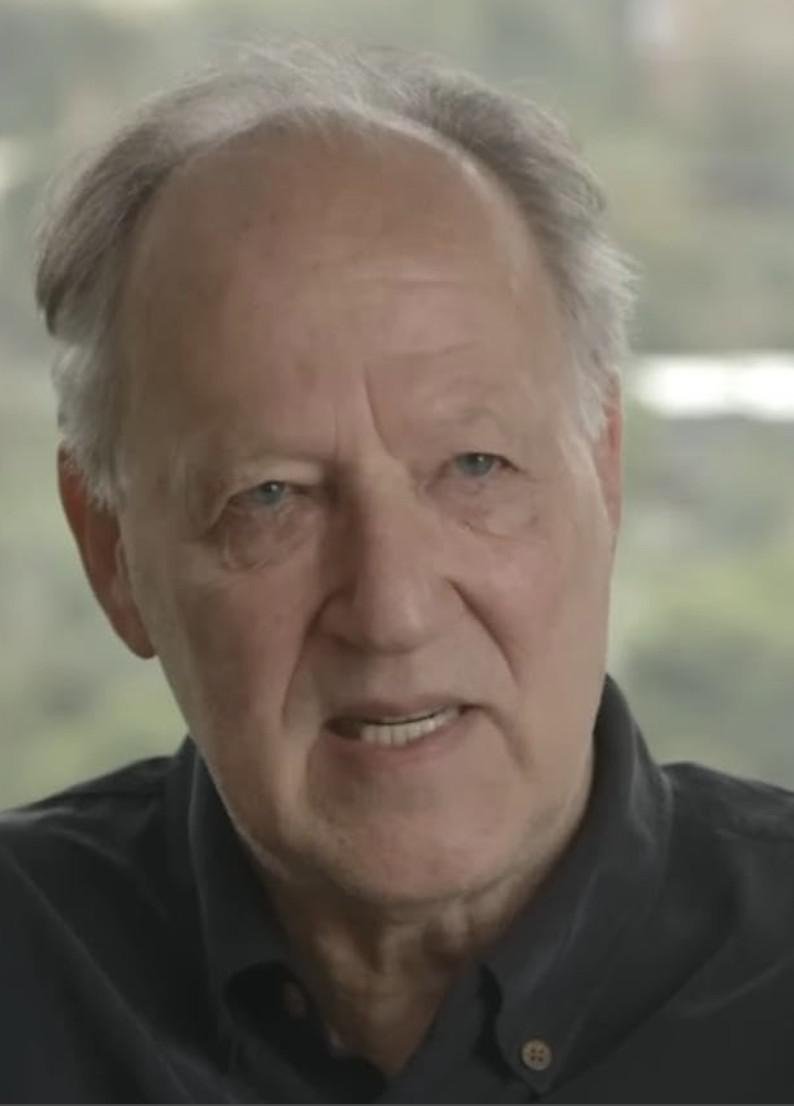
Directors Errol Morris and Werner Herzog describe and discuss the film The Act of Killing (2012).
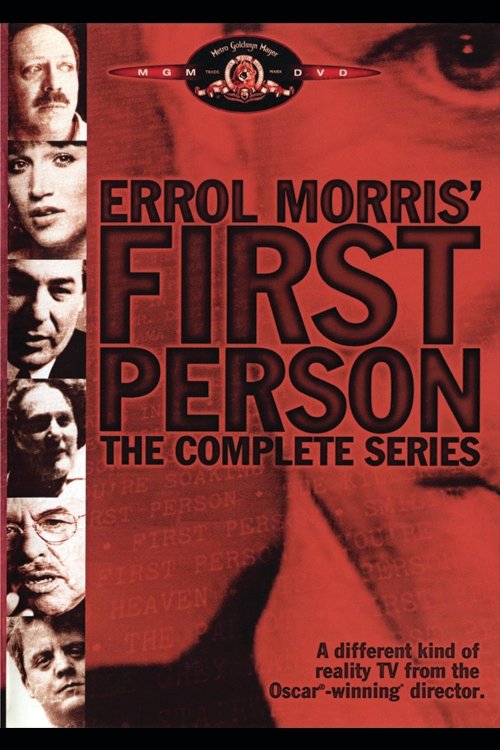
First Person was an American TV series produced and directed by Errol Morris. The show engaged a varied group of individuals from civil advocates to criminals. Interviews were conducted with "The Interrotron", a device similar to a teleprompter: Errol and his subject each sit facing a camera. The image of each person's face is then projected onto a two-way mirror positioned in front of the lens of the other's camera. Instead of looking at a blank lens, then, both Morris and his subject are looking directly at a human face. Morris believes that the machine encourages monologue in the interview process, while also encouraging the interviewees to "express themselves to camera".
Errol Morris (born February 5, 1948) is an American director. In 2003, The Guardian put him seventh in its list of the world's 40 best directors. As of 2010, Morris has won one Academy Award for Best Documentary Film. Description above from the Wikipedia article Errol Morris, licensed under CC-BY-SA, full list of contributors on Wikipedia.
By browsing this website, you accept our cookies policy.